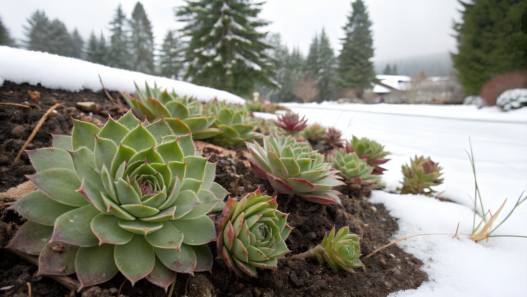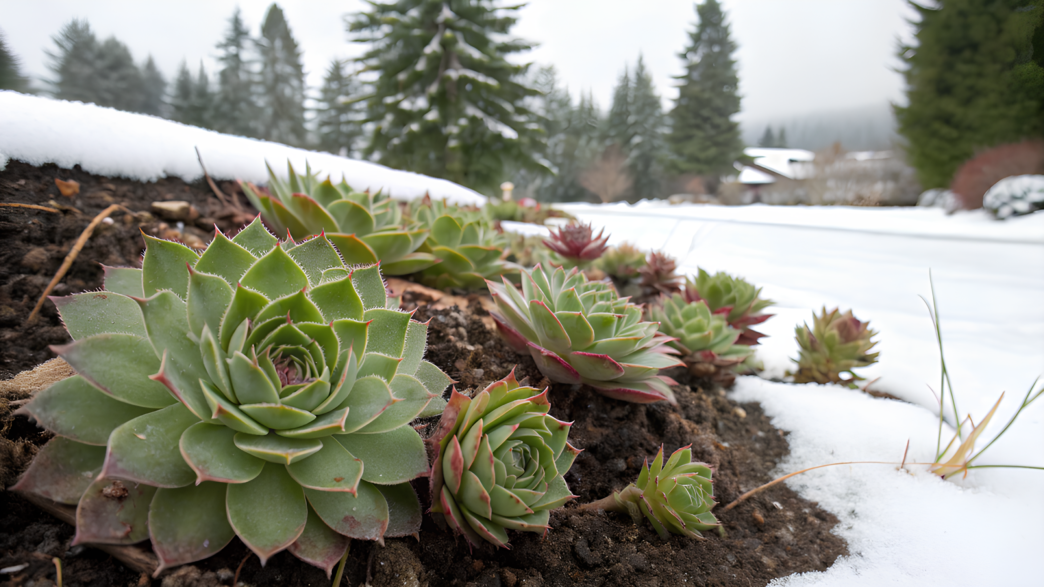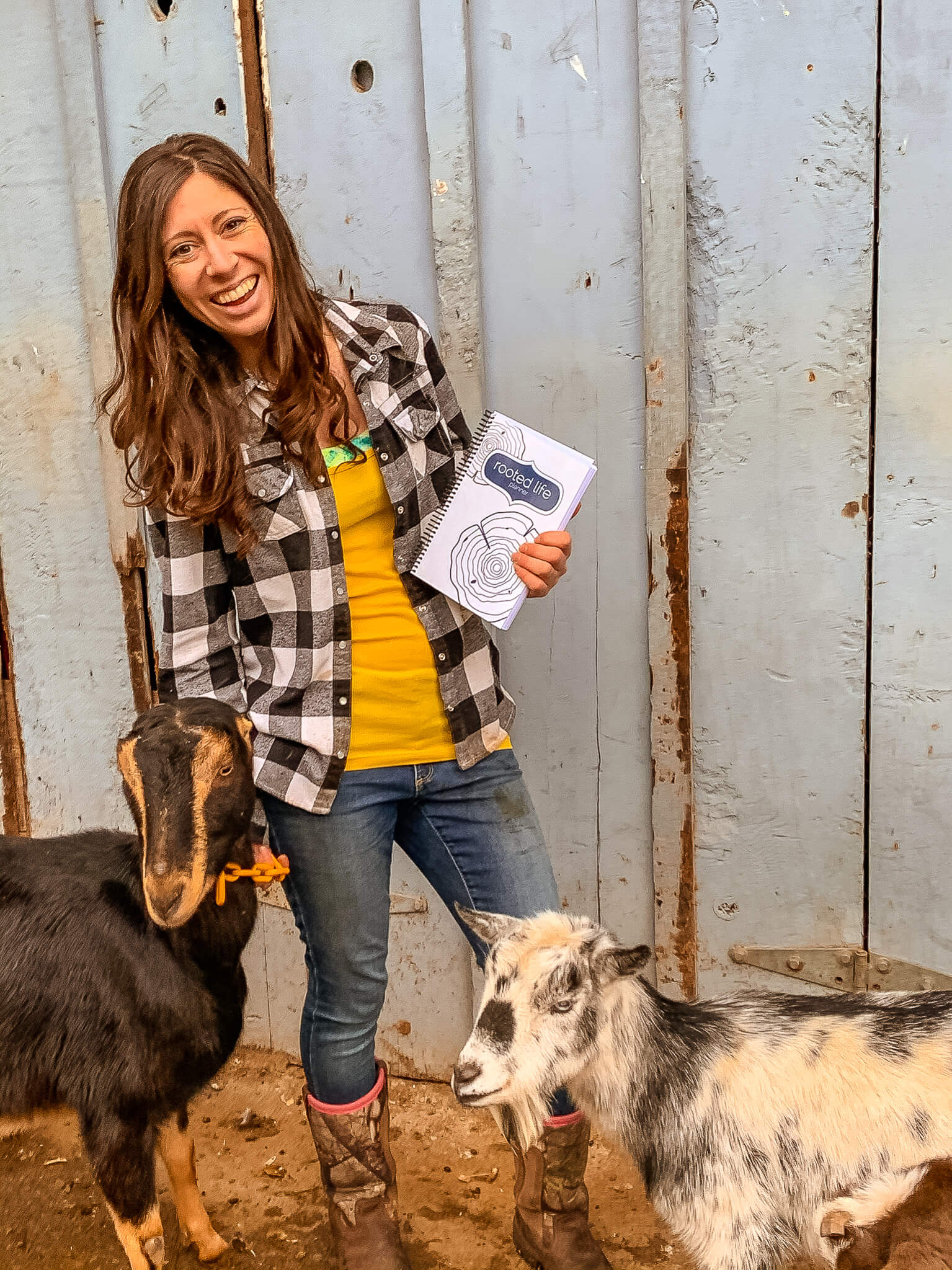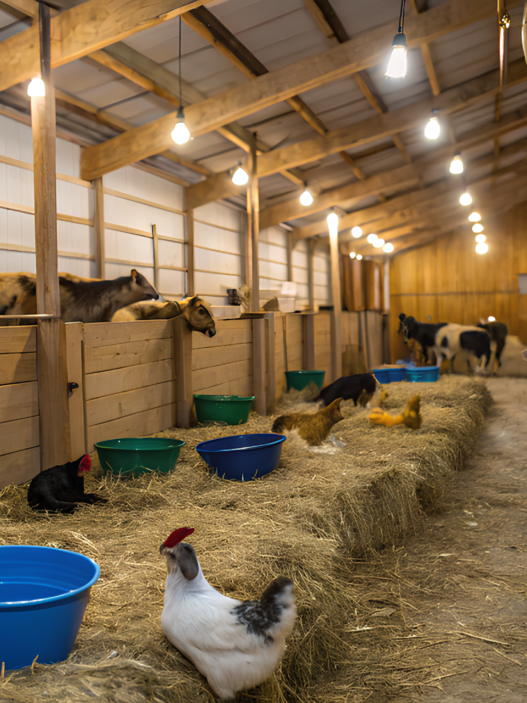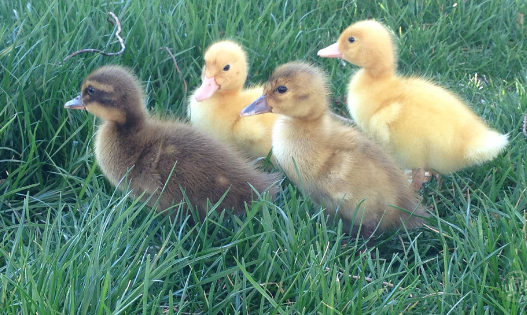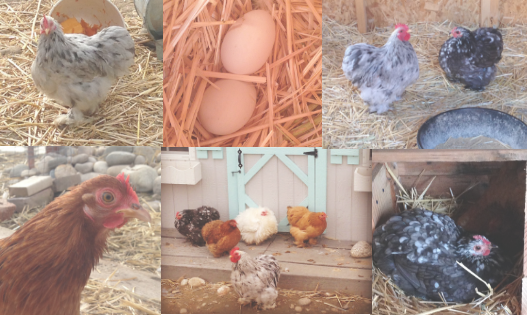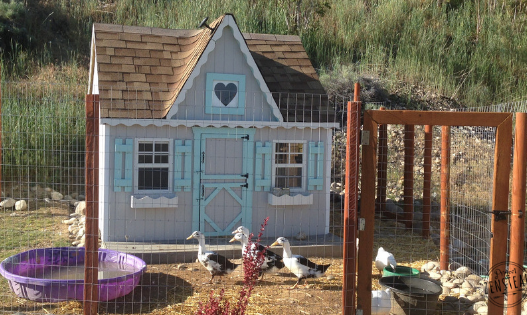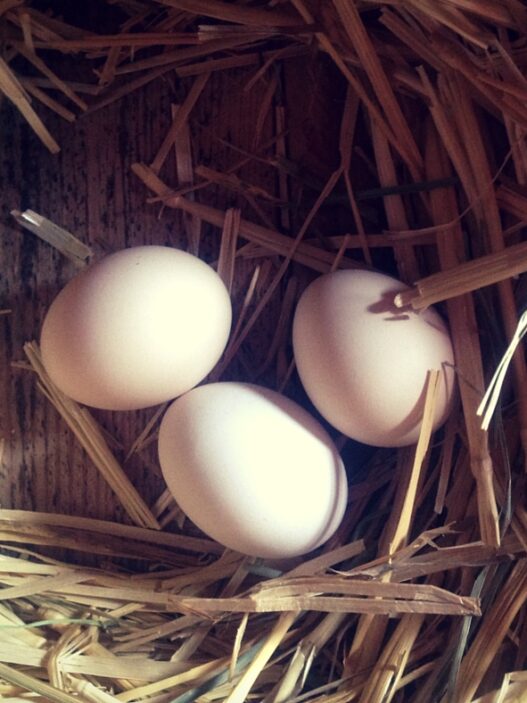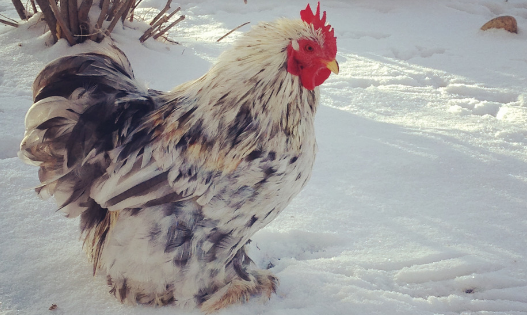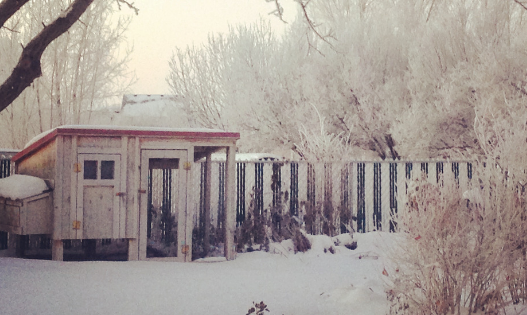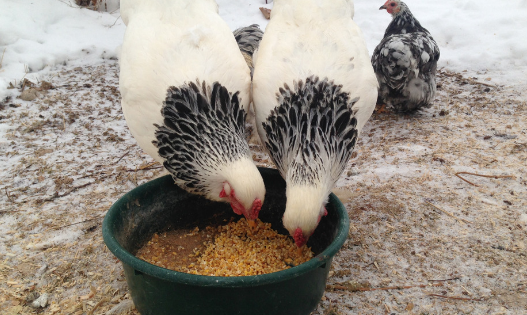I think that many people know what sempervivum is. For beginner amateur gardeners, hens and chicks plant care winter can be a real mystery, especially if you are faced with growing these unpretentious but delicate-looking succulents for the first time. These plants are real survivors and they fully justify their name, which translates as “always alive”. They are very unpretentious, but still a little extra care in the cold season will help them maintain a fresh look even in the most severe frosts.
In this article, we will consider the basic rules for winter care of hens and chicks. We will talk about their resistance to cold, as well as about choosing the best place for planting. I think it is important to discuss how to care for them in open ground and indoors, we will share our own experience. We will also offer several products that will make it easier to care for sempervivums in winter. We would like our sempervivums to meet the winter fully armed.
Cold hardiness of hens and chicks
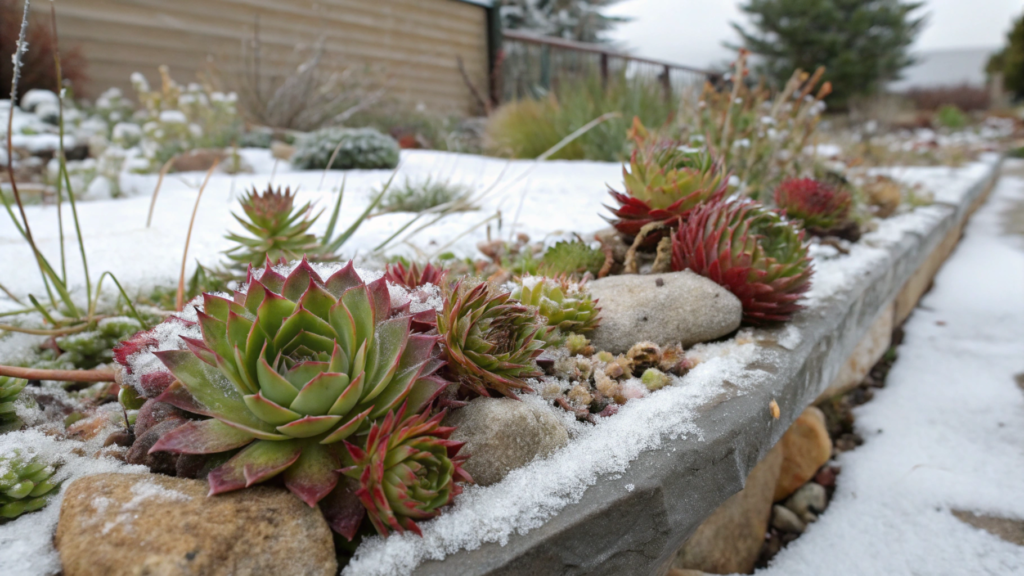
What makes hens and chicks so winter-hardy? Sempervivums are well-adapted to cold climates, and many can withstand frost in USDA zones 3 through 8. These little plants may look fragile, but their fleshy leaves store water, which helps them survive frost and snow. And this property is their strong point.
When I first started growing these plants, I was way too worried about them. I simply underestimated their low maintenance and resilience. As it turns out, they do just fine with little to no care. A light layer of mulch around the plants helped protect their roots, but other than that, they did just fine on their own.
Recommended Products. If you’re worried about particularly harsh winters, a simple frost cover, like this one on Amazon, will insulate them without interfering with their unique rosette shape.
Caring for hens and chicks outdoors in winter
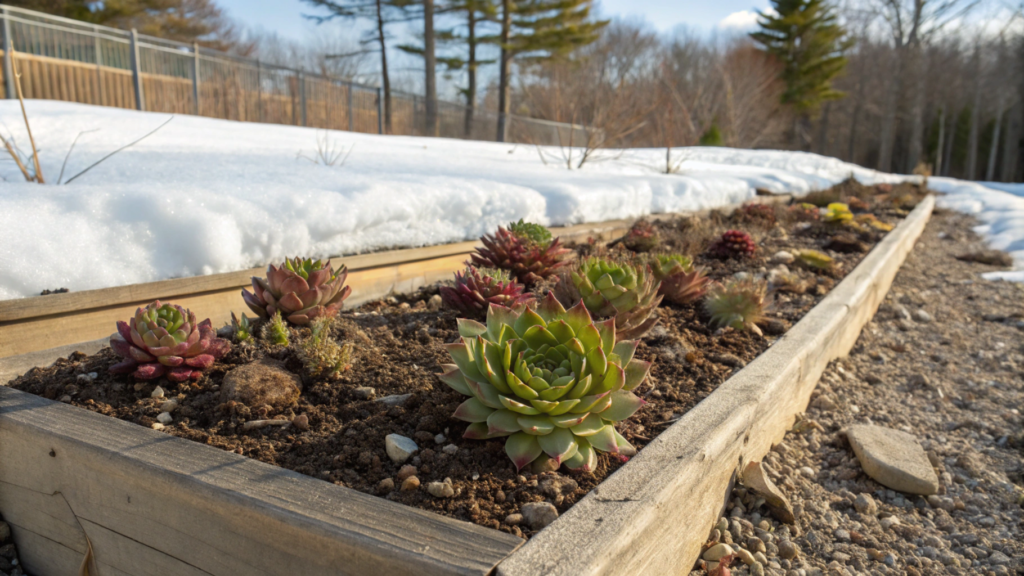
Most varieties of hens and chicks do well outdoors in winter if planted in well-drained soil. In fact, excess moisture in the cold season is a bigger threat to them than the cold itself. To ensure that hens and chicks grow well, it is important to choose a location with the right lighting. After all, even in winter, sunlight keeps them healthy and dry. If the plants are growing in pots, they can be moved to a secluded, wind-protected place with sufficient light.
Good drainage is also key, otherwise wet, boggy soil can lead to root rot. Use a fast-draining soil mix, such as a cactus and succulent mix, and add some gravel or coarse sand under the base layer. We have tested it – this approach hens and chicks plant care winter works great.
During the winter, when the hens and chicks are dormant, it is important to limit watering. I usually only check the soil during a long drought, the rest of the time I rely on natural precipitation.
To protect the roots, it is useful to lightly mulch the soil to maintain its temperature, especially in areas with extreme temperature changes. However, note that you should avoid covering the rosettes of the plants themselves, as they need access to air around the leaves to avoid rot.
Fun fact. Did you know that in Europe, sempervivum were once used as insulation on thatched roofs? Their ability to retain moisture made them suitable for this purpose.
Caring for hens and chicks indoors in winter
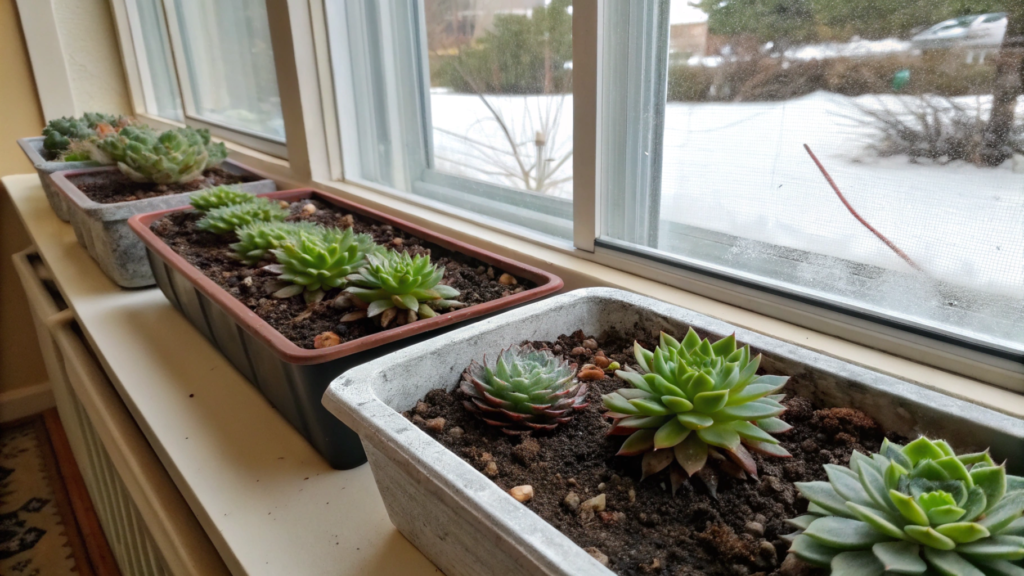
If your hens and chicks are growing indoors or you have decided to bring them indoors for the winter, you need to follow some rules.
- Sufficient light. They need as much sunlight as possible indoors. Put them next to a south-facing window or consider additional lighting.
- Cool room. Unlike most houseplants, hens and chicks don’t need heat. A room between 7 and 18 °C is ideal for them. Too much heat will force them out of their dormant state, which can cause the plants to stretch out and weaken.
- Moderate watering. Indoors, they will need very little water in winter. A light spraying every few weeks is sufficient, but watch for signs of shrinkage. Take good care of your plant.
Recommended Products. If there isn’t enough light indoors, supplemental lighting helps plants stay healthy. For example, an LED plant lamp can significantly improve conditions for succulents.
Frequent winter problems
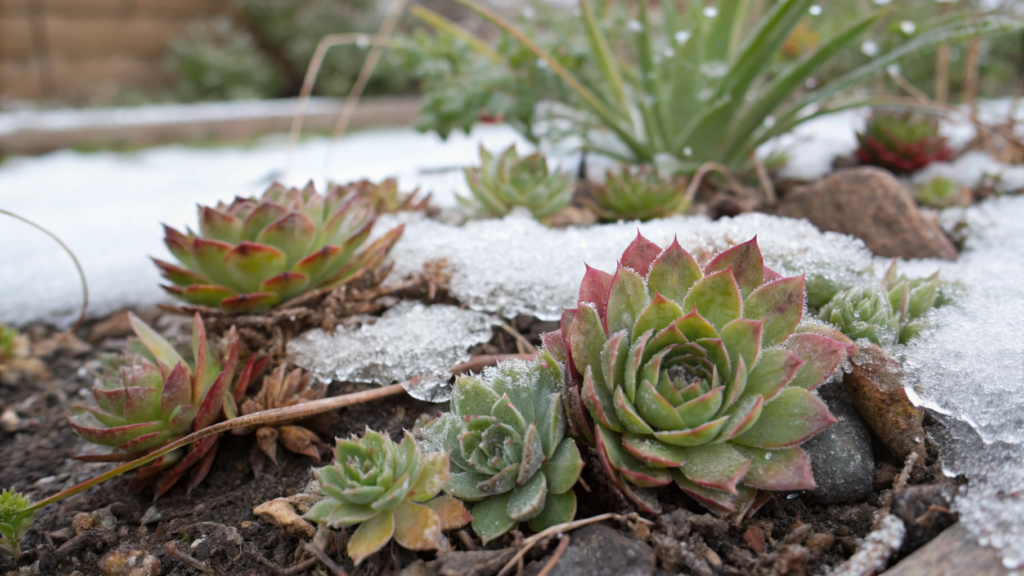
Even with the persistence of hens and chicks, some problems can arise in winter. Here’s what to look out for:
- Fungal infections. Excess moisture can lead to fungal diseases of the leaves. In this case, the best defense is air circulation and proper drainage.
- Freezing and thawing damage. In areas with sharp temperature fluctuations, freezing and thawing cycles can be harmful to hens and chicks. And this is where mulching really helps, keeping soil temperatures stable.
- Pest control. Although pests are fairly rare in the winter, watch for the appearance of aphids or mealybugs, especially those plants that have been brought into the house. A light spraying of neem oil usually handles unwanted “guests.”
Winter care of potted hens and chicks
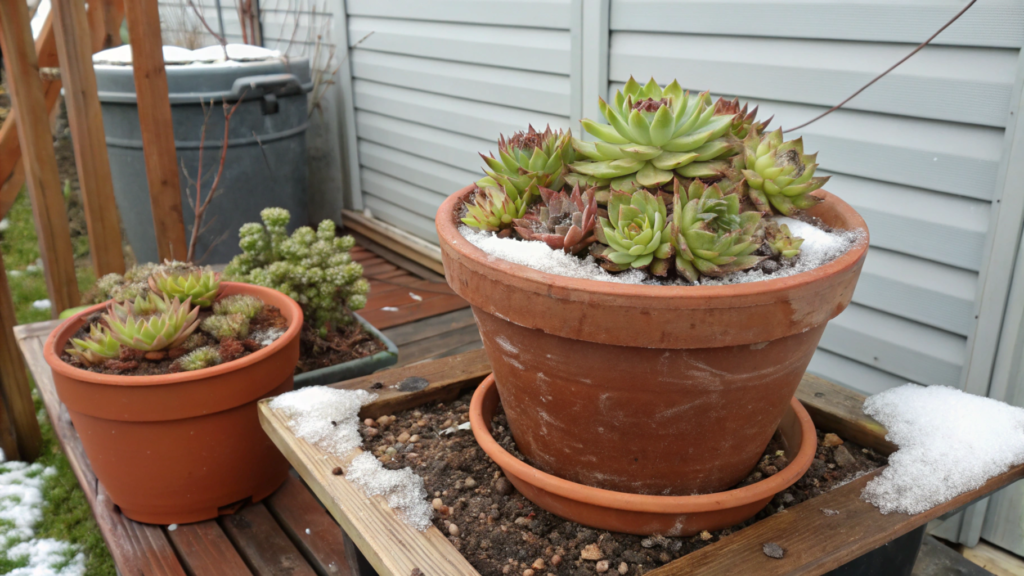
For growing hens and chicks in pots, winter care is almost the same, but there are a few additional aspects, such as choosing the right pot. Clay pots are best, as they are breathable, which helps to avoid the accumulation of excess moisture. Make sure the pot has a drainage hole.
In very harsh climates, it is best to bring pots into a shed or unheated garage to protect them from harsh winds and frost.
To protect the plants from freezing, if the pots are left outside, place them on a platform to avoid contact with the frozen ground. This simple technique helps avoid root damage.
Recommended Product. The clay pot set on Amazon provides excellent ventilation and drainage and is ideal for overwintering succulents.
Ready for winterization?
Winter hens and chicks plant care may seem a little complicated at first glance, but once you understand their needs, these little graceful plants will practically take care of themselves. All we have to do is enjoy their unpretentious nature and let’s let them show how hardy they can be. Winter will pass quickly and spring will be just around the corner, and with it fresh flowers, new growth and new life. If you’re interested in learning more about winter gardening and plant care, check out our other articles on Rooted Revival. We have everything from succulents to shrubs.
